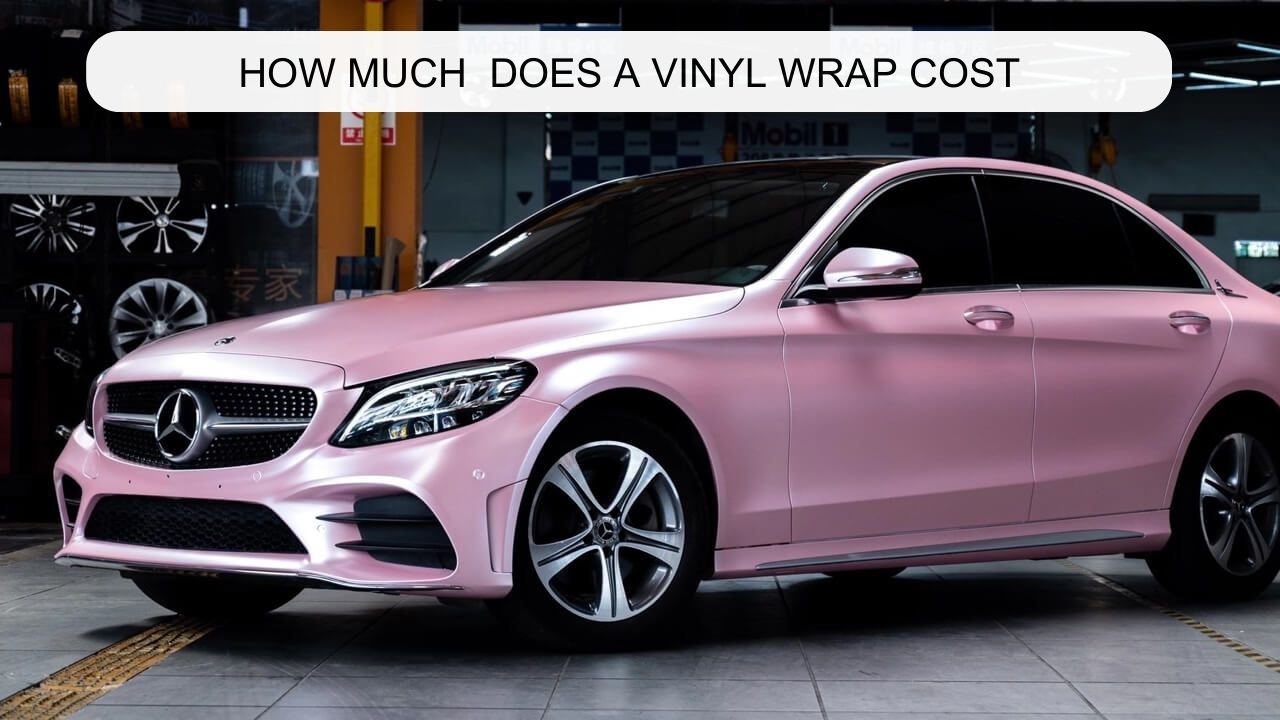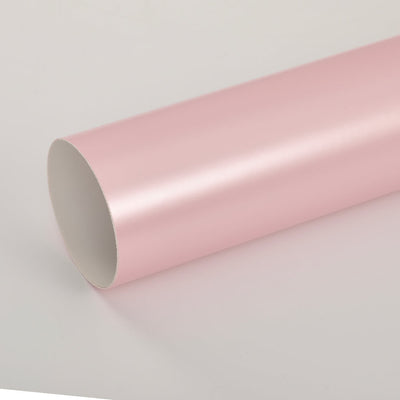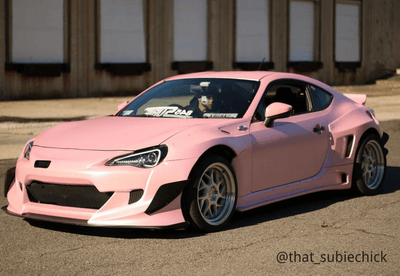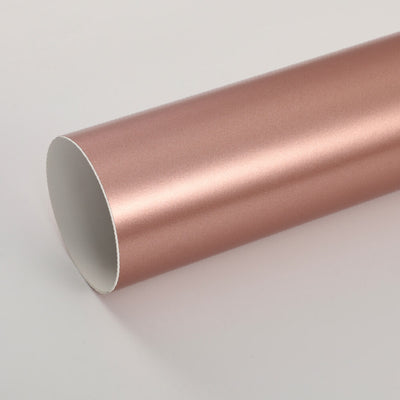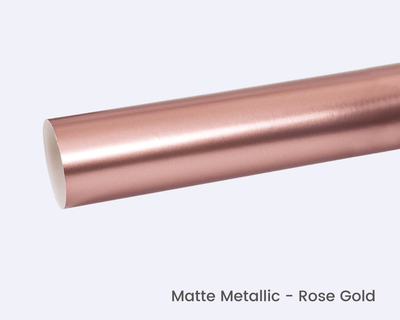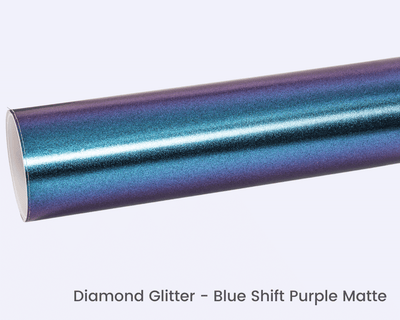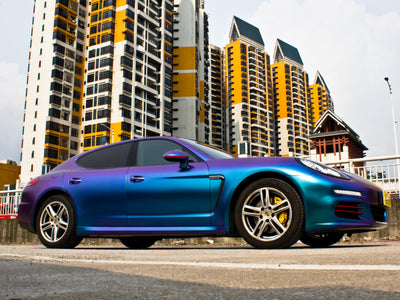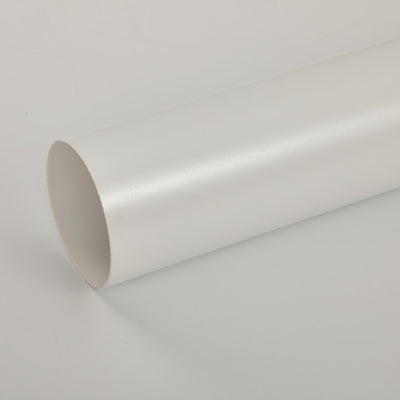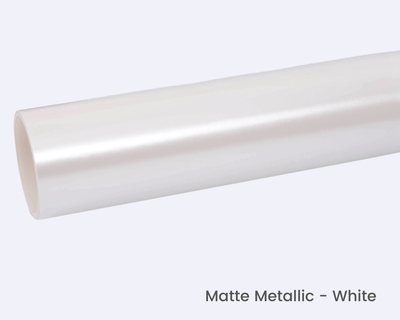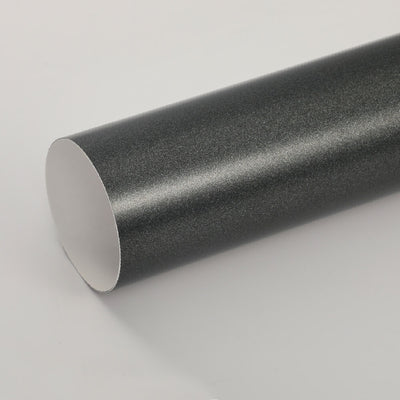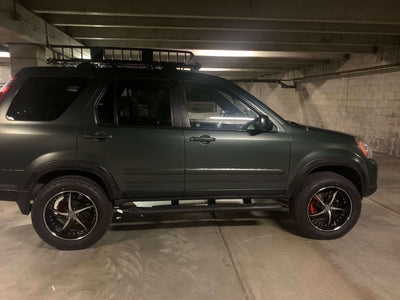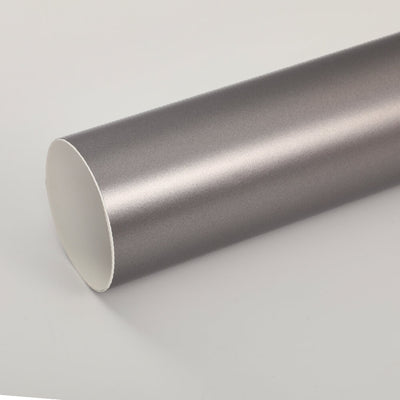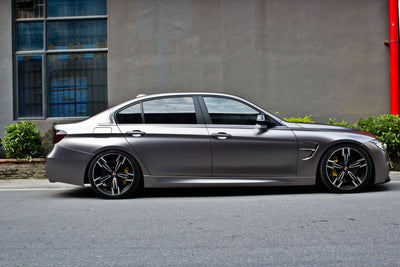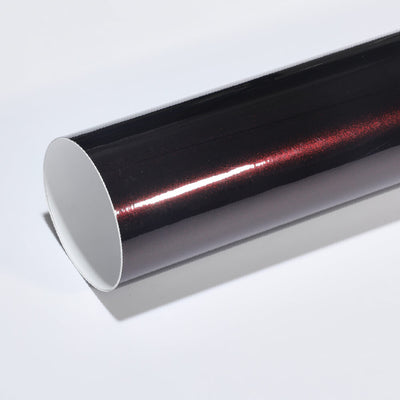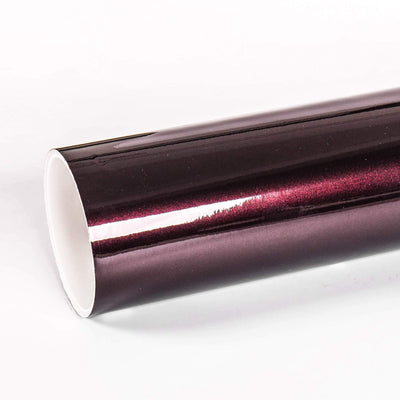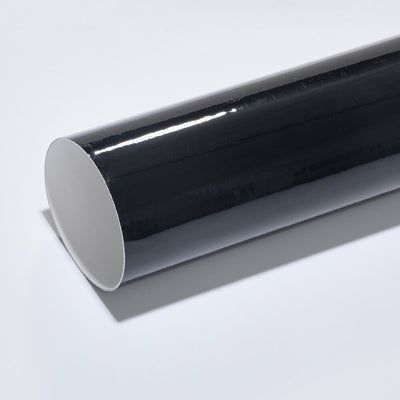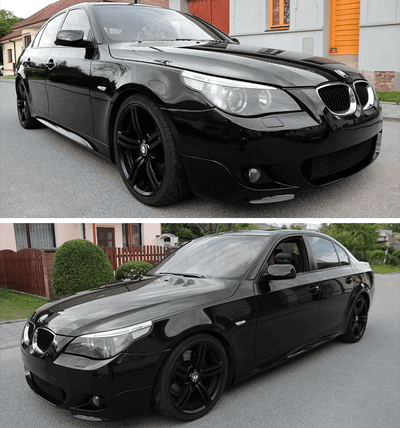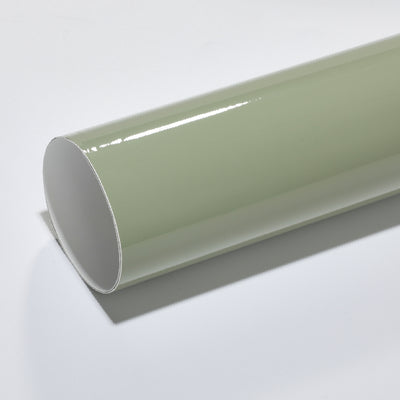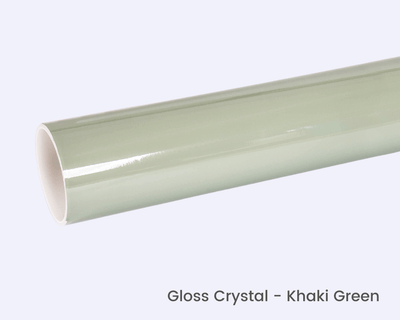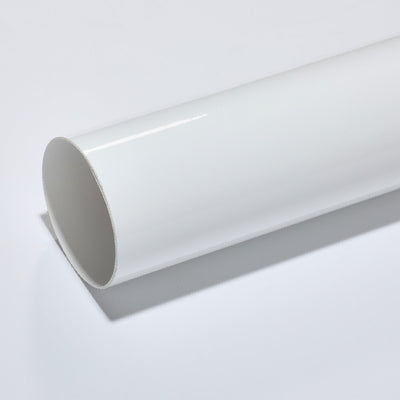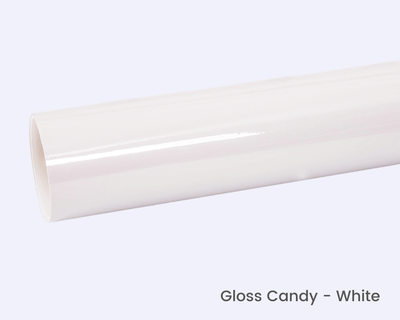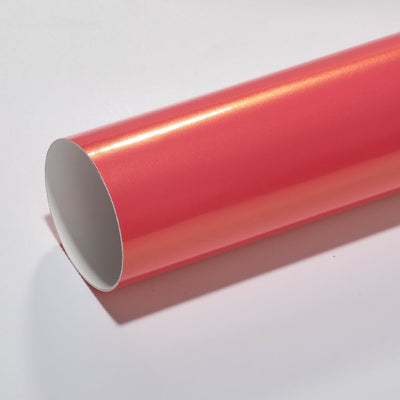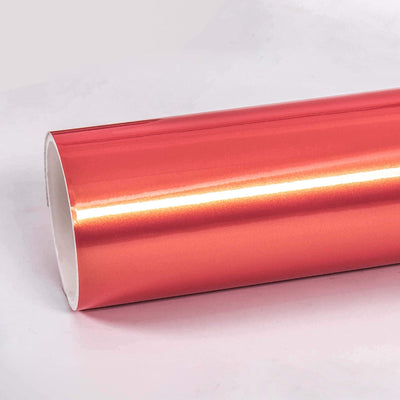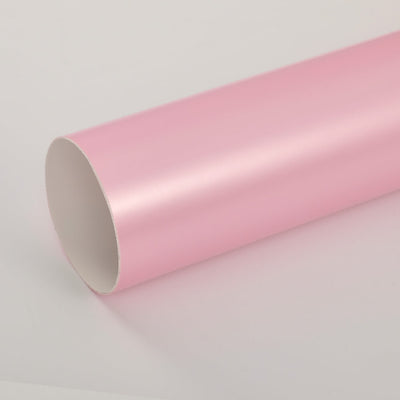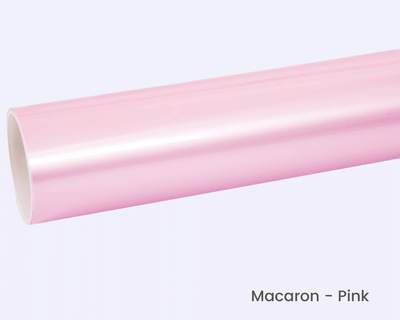In recent years, car wrap has gained significant popularity due to its ability to not only enhance the exterior color of your vehicle for a sportier aesthetic but also provide an additional layer of protection against scratches and blemishes on your car's paintwork and surfaces.
When planning to wrap our car, it is essential to consider the associated costs. Let's explore the expenses involved in car wrapping and the key factors that impact vinyl wrap.
The prices for car wrapping can vary significantly, depending on factors such as the size of your vehicle, the complexity of the wrap job, the type of vinyl wrap chosen, and the number of wrap workers required. Without further ado let’s get into it!
The Factor Affecting Car Wrap Cost - Car Make/Model
The size and intricacy of the vehicle will impact the amount of vinyl wrap needed and the duration required for car wrapping, thereby affecting the cost accordingly. For instance, certain cars have front and rear bumper covers that are complex and it’s difficult to wrap. Particularly curvaceous bodies or sharply creased panels may necessitate more effort than smooth, flat ones. As a general guideline, a Tesla Model 3 will be less expensive to wrap than a BMW 3 series, due to its smooth, flat, and simple exterior design.
When determining the necessary amount of vinyl for car wrapping, it is essential to consider both the size of the vehicle and the total area that requires coverage. The larger the vehicle size, the larger the size of vinyl film required and the higher the cost.
The standard size of a roll vinyl film is 5ft x 59ft, the width is fixed, therefore, we need to calculate the vinyl wrap length required by according to the size of our vehicle. Check these wrap size chart to know how much vinyl you need for your vehicle.
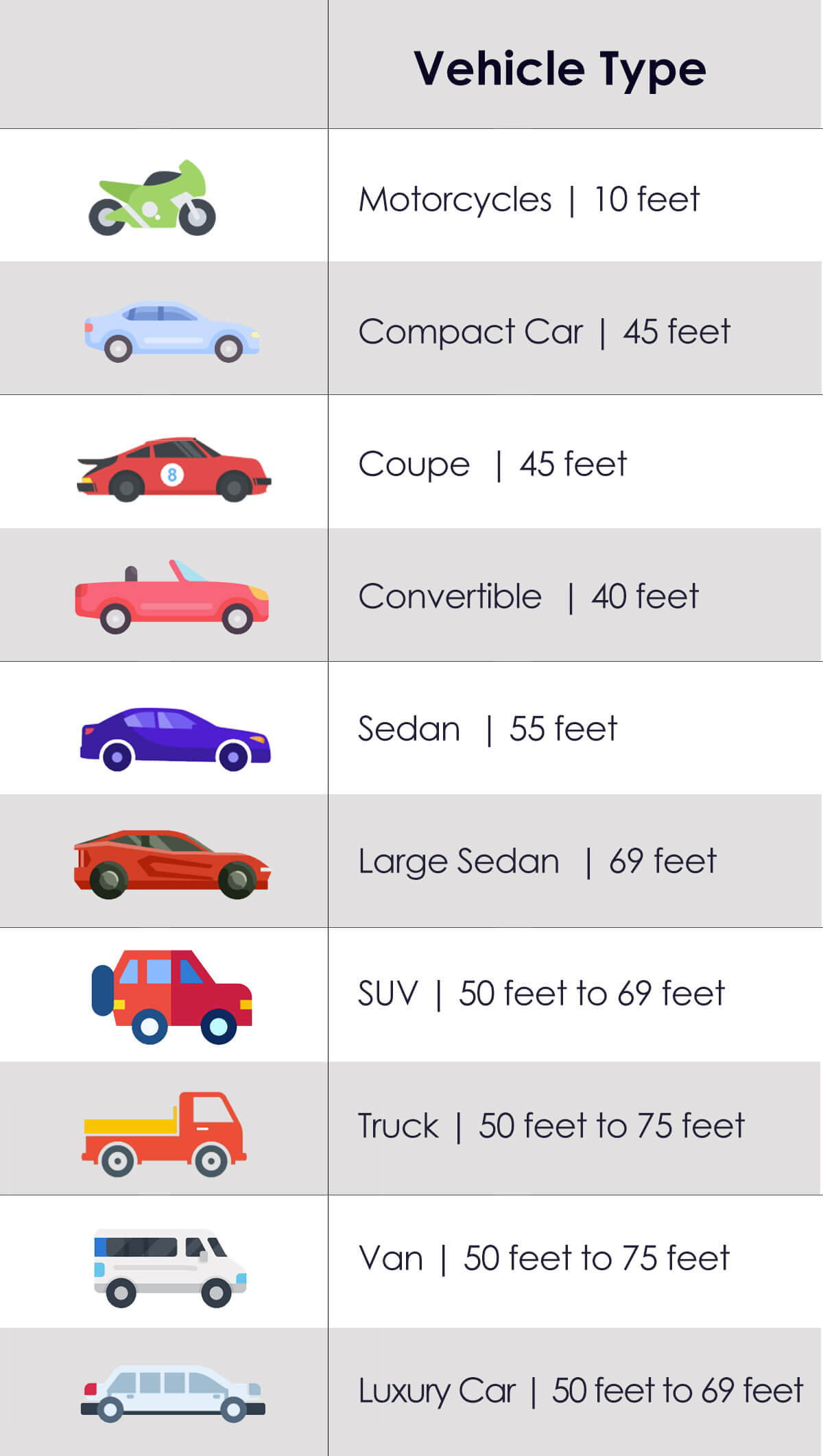
The graph provided above offers a general estimation of the amount of vinyl required for your car wrap project. However, it is important to note that each make/model of vehicle has unique shapes, and consider the losses incurred during wrapping. It is still crucial to measure your vehicle accurately and use the vinyl wrap calculator in order to obtain the vinyl needed amounts.
In addition to the full car wrap, which involves covering the entire exterior of your vehicle except for lights and windows, there are also partial wraps available for specific areas of a car that many vehicle owners may prefer. Such as the following:
- Doors
- Trunks and hoods
- Roof
- Pillar post trim
- Bumpers
- Mirrors
- Rocker panels
- Fenders
- Brake caliper
Since the width of vinyl wrap film rolls is sufficient to easily cover the entire width of a vehicle's wrapping area, you only need to measure the length in order to determine the required amount.
The cost of car wrapping will vary depending on the size and complexity of the job. Full wraps typically range from $3,000 to $7,000, while partial wraps may cost between $500 and $2,000. It is important to note that these prices can fluctuate based on the materials utilized and the intricacy of the project.
The Factor Affecting Car Wrap Cost - The Type of Vinyl Wrap
There are various types of finish vinyl wraps available, including gloss, matte, satin, metallic, chrome, and carbon fiber. Additionally, there are personalized and customized car vinyl options for creating unique patterns and color designs. With different finishes and materials, the price will be different.
Gloss Car Wrap
The gloss car wrap is a standard type of vinyl that is the most user-friendly for application. It is particularly suitable for DIY enthusiasts who have yet to gain prior experience in wrapping.
Matte Car Wrap
Matte vinyl wraps are a matte film and have a unique hazy with a flat smooth finish, which is great for full auto wraps to change the look of your car and protect its original paint.
Chrome Car Wrap
Chrome vinyl film is a premium quality durable polymeric vinyl film, available in a wide range of different colors and finishes, like mirror chrome and satin chrome wrap.
Carbon Fiber Car Wrap
The carbon fiber wrap is a textured vinyl sticker featuring a meticulously printed carbon fiber pattern, designed to accentuate intricate details, enhance the interior trim, or elegantly wrap the hood of your vehicle, thereby guaranteeing an elevated aesthetic appeal.
The Factor Affecting Car Wrap Cost - DIY Or Professional Service
The majority of the cost associated with car wrapping is attributed to labor, as it entails meticulous installation of vinyl that demands substantial time investment. If you possess a clean garage and abundant patience, undertaking this task yourself can result in significant savings. However, for a professional wrap located in Los Angeles, the expenses will vary depending on factors such as vehicle size, materials used, and design complexity. Full cover wrap may charge from $2000 to $7000 or even higher for exceptionally unique requirements.
The average baseline costs of professional vehicle wrapping vary according to the size of the vehicle.
- Compact Car - Start around $3,000
- Coupe - Start around $3,000
- Convertible - Start around $3,000
- Sedan - Start around $3,500
- Large Sedan - Start around $4,000
- Compact Crossover - Start around $4,000
- SUV - Start around $4,500
- Truck - Start around $4,500
- Luxury Car - Start around $5,000
The Cost of the DIY Wrap
We always strongly recommend entrusting the wrapping of your vehicle to professionals who possess the necessary experience and expertise to ensure a flawless application, thereby avoiding any mishaps or potentially catastrophic errors.
The costs associated with the process are reduced if you possess the necessary experience and technical expertise to undertake the task yourself, as opposed to opting for professional installation.
Prices for rolls of Carlawrap’s matte metallic vinyl wrap range from roughly $84 for 10 feet to about $389 for 59 feet. The average car requires roughly 59 feet length of vinyl to wrap its entire surface. With this in mind, the standard DIY car wrap will run you approximately $500 in vinyl costs, plus the wrap tools.
A comprehensive inspection and preparation of the vehicle prior to DIY wrapping is crucial, which includes a meticulous examination for any damages to the original paint. The vinyl wrap adheres to a surface that is clean and smooth, ensuring tightly attached to the body of the car. Additionally, it is essential to thoroughly clean the vehicle in order to eliminate any dust, dirt, or grime before applying the vinyl wrap. A friend is needed, as some wrap panels will be too long and hard to handle the vinyl film by one person.
The presence of scratches, dents, and dings necessitates their repair prior to applying the wrap, as corrosion or chipped paint can impede the proper adhesion of the vinyl decals. A wrap tends to have a shorter lifespan when applied on a poor surface.
The use of wrapping tools is necessary to assist you in DIY vehicle wrapping.
- Squeegee
- Heat gun
- Surface Cleaner
- Microfiber Cloth
- Cutting Tape
- Blade
- Tweezers
- Tape Measure
- Gloves
How Long Does Vinyl Wrap Last and How to Maintain Car Wrap
The lifespan of a car wrap typically ranges from 3 to 7 years, contingent upon the maintenance of the wrapped vehicle. By implementing proper upkeep and cleaning practices, as well as avoiding any potential scratching damage to the car wrap and parking in a shaded garage that shields against direct sunlight exposure, it is possible to prolong the longevity of the car wrap.
It’s important to properly wash a car wrap, and clean bird droppings and dead insects off of the vinyl surface as soon as possible. These compounds can cause damage to the vinyl if left untreated for extended periods. Additionally, it is advisable to refrain from automatic car washes as the rigid and abrasive brushes in these facilities can considerably damage the vinyl.
Is It Worth To Wrap Your Vehicle?
A car wrap is a much more cost-effective way to change your vehicle's appearance color, whether you are employing a professional’s services or taking the DIY approach, the cost of a car wrap is not more than $4,000.
The car wrap not only protects your original paint, so that the vehicle will retain its value when resold, but also can easily change back to the original paint color. With an extensive range of colors, treatments, and graphics available, you can explore a multitude of design options that will bestow your vehicle with a distinctive appearance.


